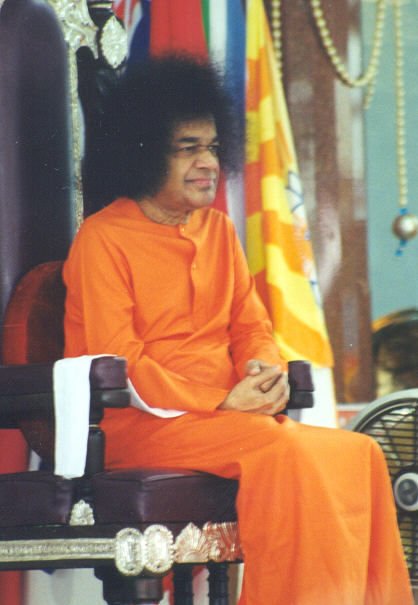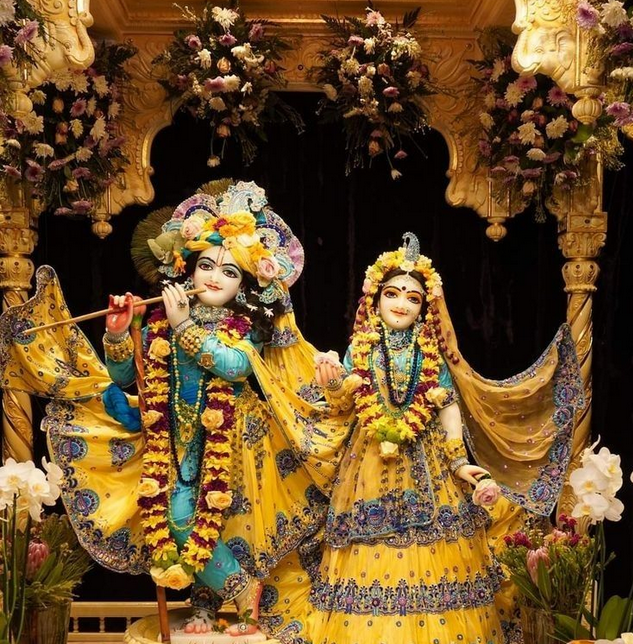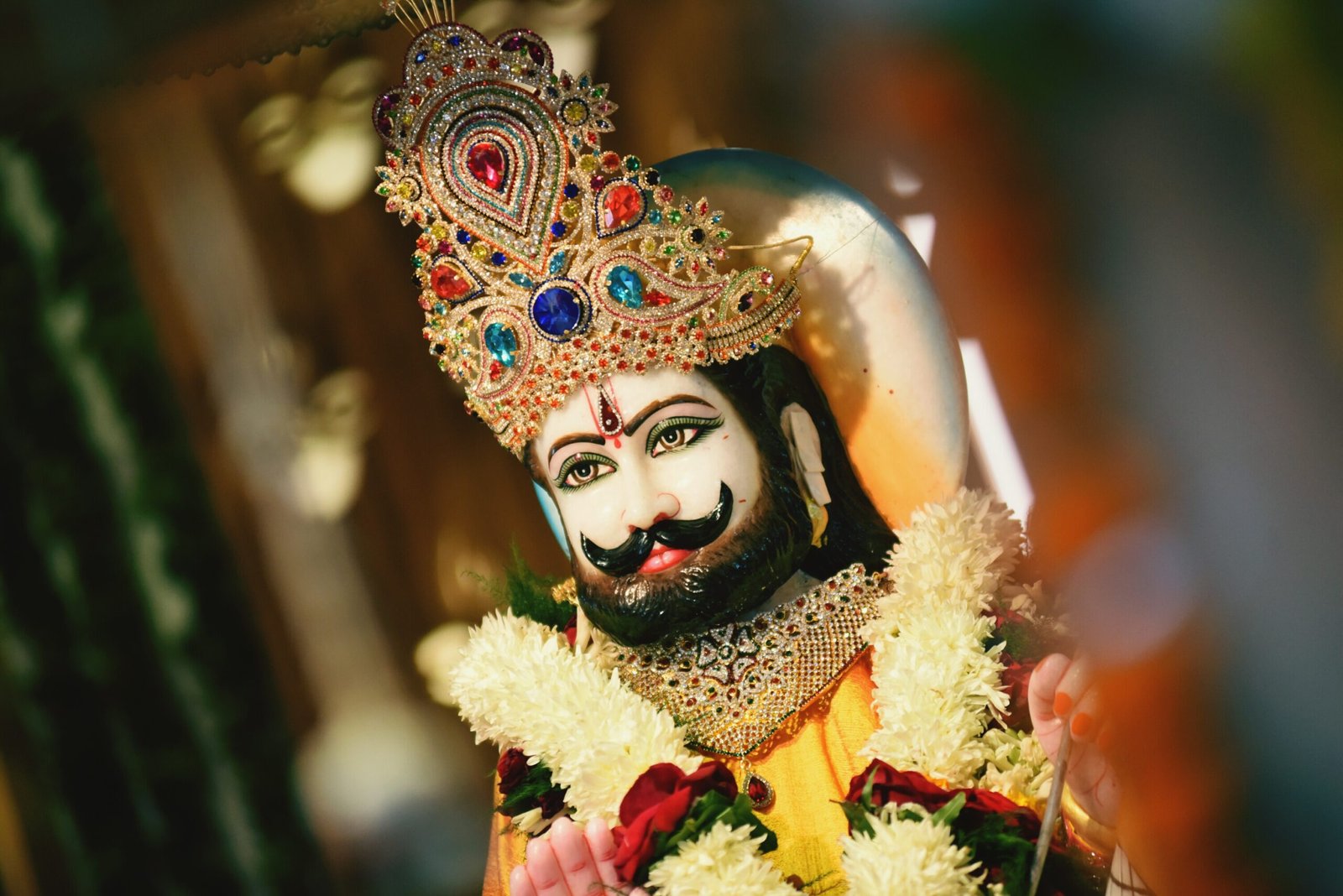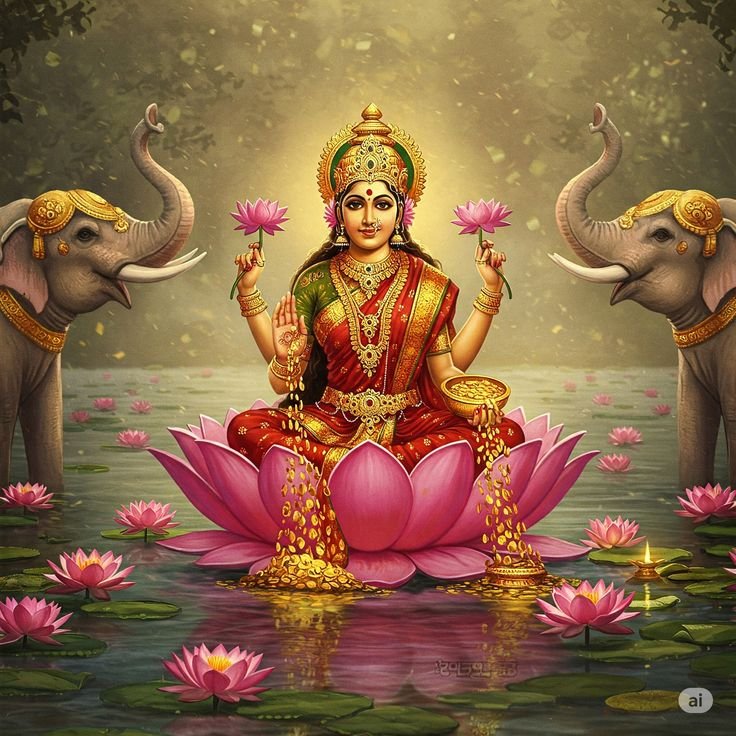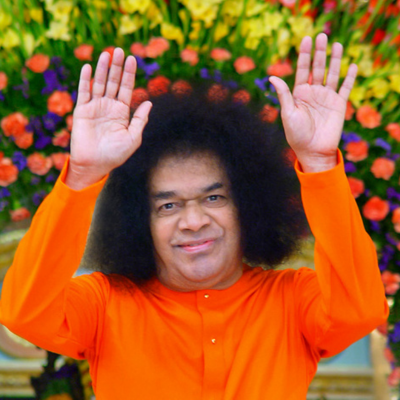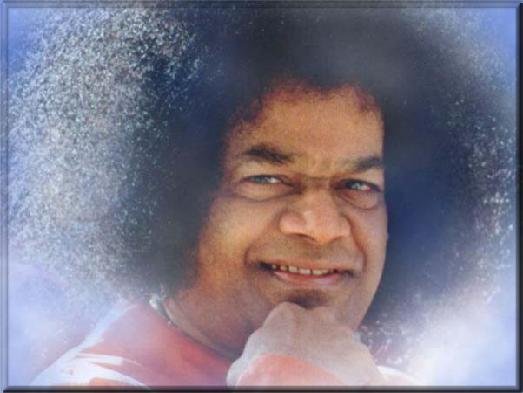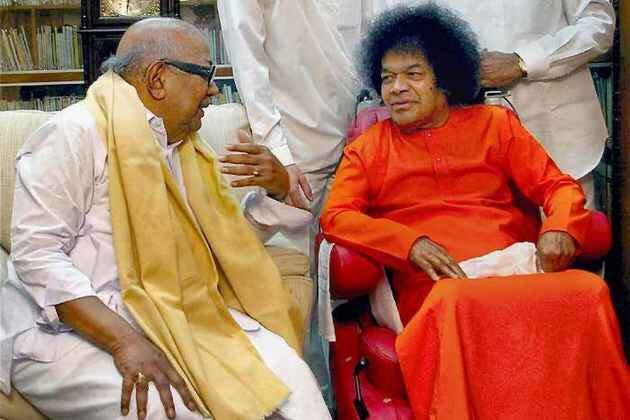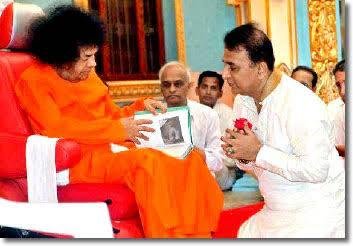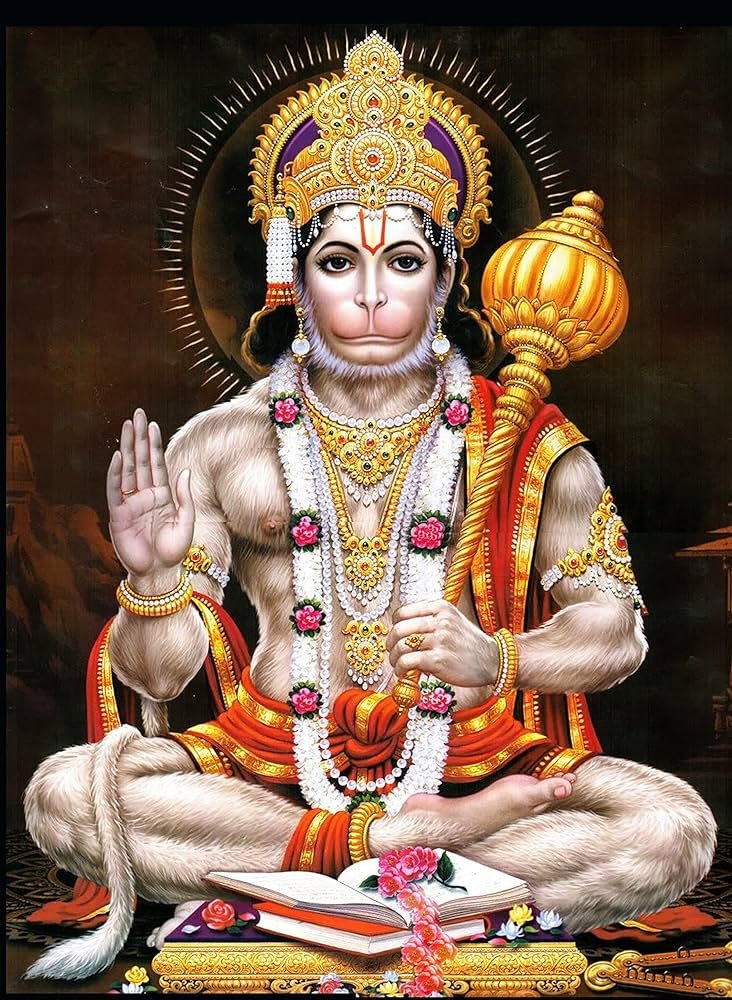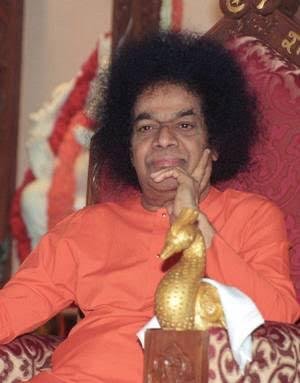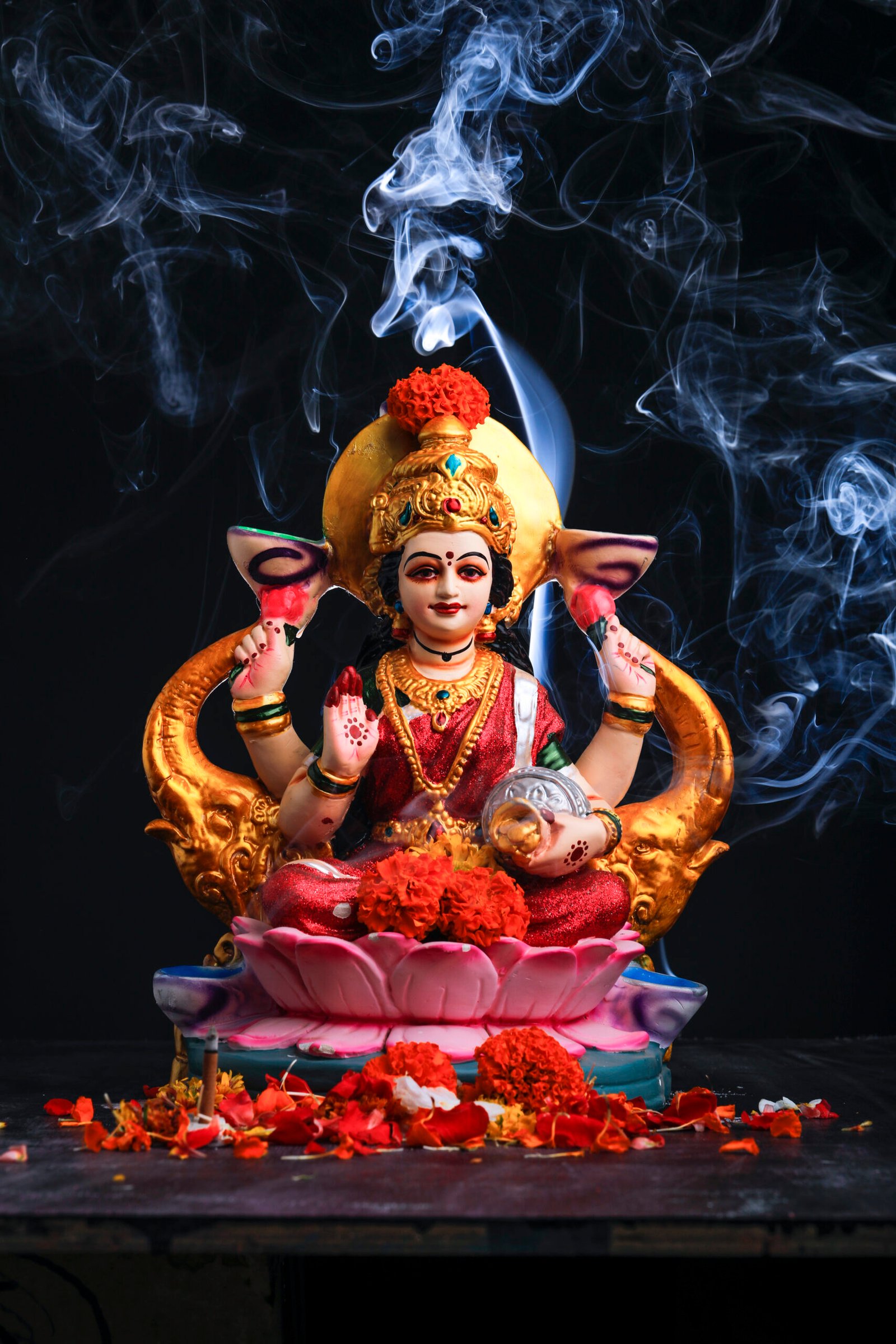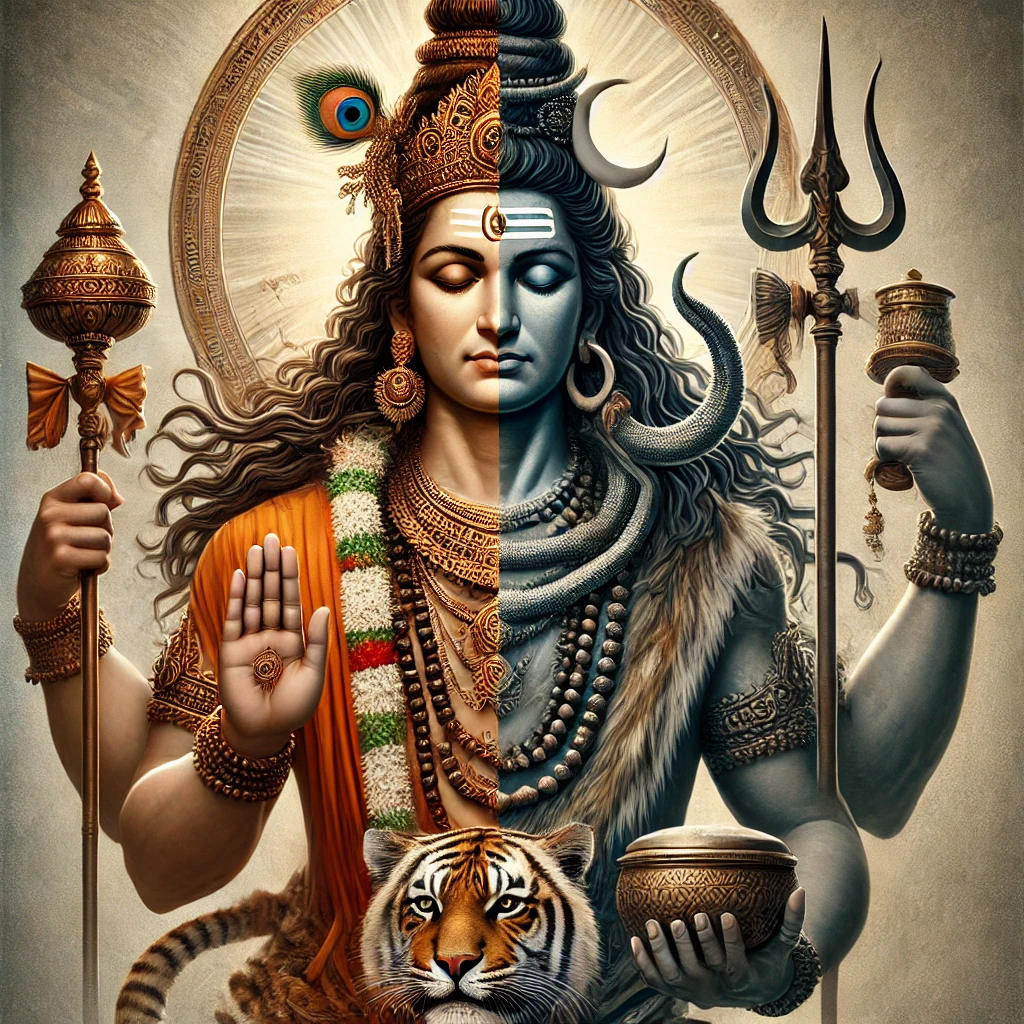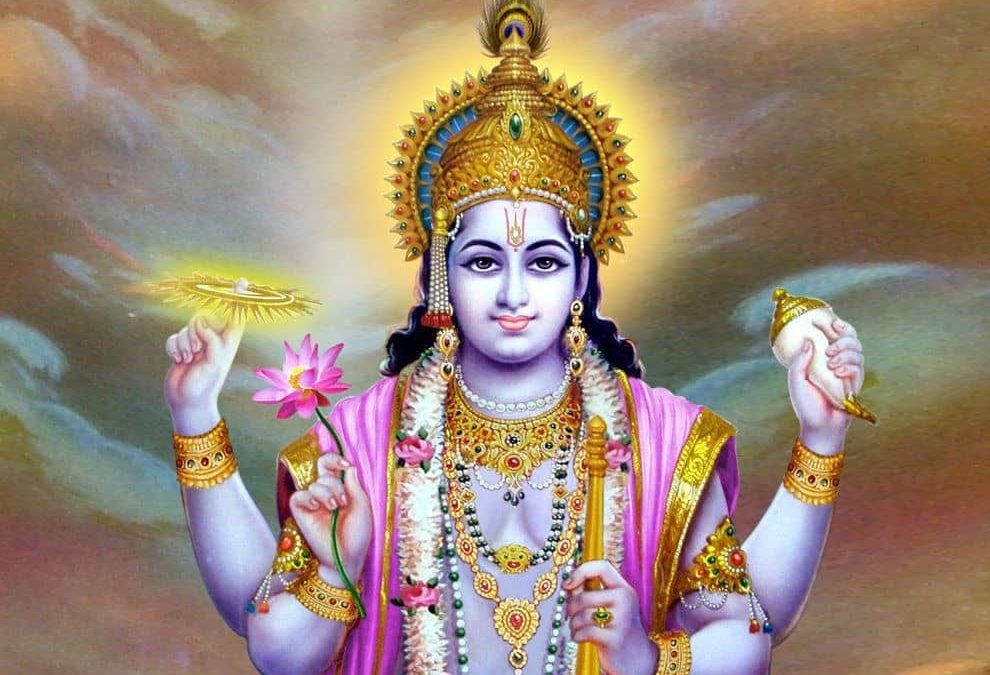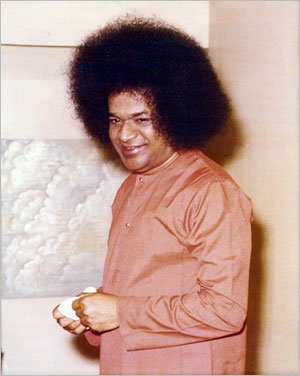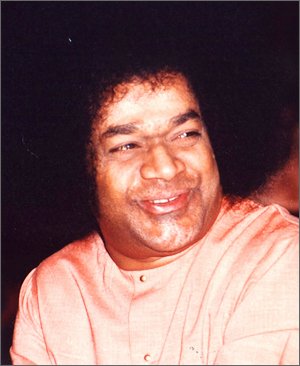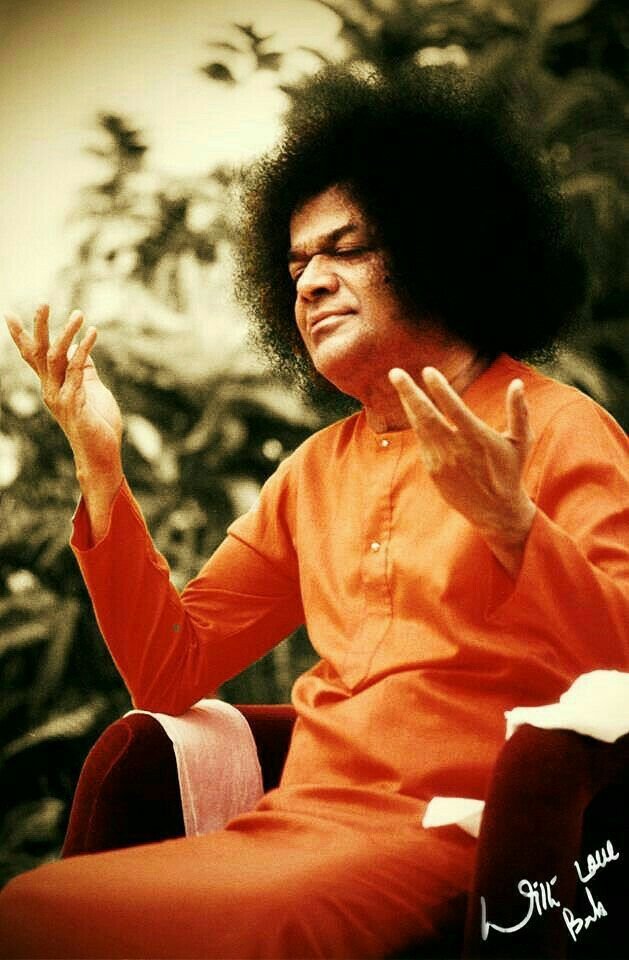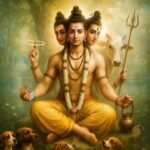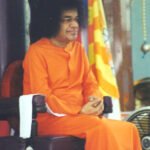Sarva Vedanta Sara Samgraha Book
Sarva Vedanta Sara Samgraha

Sarva Vedanta Siddhanta Sara Saṅgraha, meaning “A Compilation of the Essence of the Doctrines of All Vedanta”, is a classical Vedānta prakaraṇa grantha attributed to Adi Shankaracharya. It is intended for serious seekers of knowledge, providing a concise yet comprehensive distillation of the essential truths of Advaita Vedānta. The text is composed in Sanskrit, in verse form, and lays out both the sādhana (means) and the phala (fruit) of Vedānta sādhanā (spiritual practice), with emphasis on what qualifications a student must cultivate, how ignorance arises, and how the Self is known.
One of the first topics in the work is sadhana catuṣṭayam, or the fourfold qualifications required of a seeker: viveka (discrimination between the real and unreal), vairāgya (dispassion or detachment), śat-sampatti (the six‑fold inner virtues such as self‑control, endurance, faith, etc.), and mumukṣutva (intense desire for liberation). These form the foundation. Without them, mere intellectual understanding does not lead to liberation.
The text also discusses nitya‑anitya vastu viveka, the discrimination between what is permanent and what is impermanent. It shows that our attachments to the body, mind, senses, and objects of the world are based on ignorance, because these things are in constant flux. The Self (Ātman) is that which is immutable: aware, pure consciousness, not subject to birth, death, change or decay.
Another important theme is vairāgya, dispassion. The text shows how desires, longing, attachment to transient pleasures and fears bind the seeker. Liberation requires that these attachments be loosened, that the seeker turns inward and ceases to depend on external things for happiness. This leads to inner peace.
The text examines the nature of avidyā (ignorance) which is the root cause of suffering and bondage. Ignorance is not mere absence of knowledge: it is a misapprehension, a superimposition (adhyāropa) of what is not the Self onto the Self, and subsequent negation (apavāda) to remove the false. Vedānta uses methods like śravaṇa (listening to teachings of scriptures), manana (reflection), and nididhyāsana (deep meditation) to purify the mind and uproot ignorance.
Sarva Vedanta Sara Sangraha also addresses the nature of the Self. It emphasizes that the Self is ever‑present, self‑luminous, unborn, undying, not to be taken as body, senses, mind, or intellect. It is both the knower and witness; all other phenomena are known, changing, impermanent. Once ignorance is dispelled, the realization “I am That (Brahman)” dawns—not as an idea, but as direct, unmediated experience. This experience is liberation, freedom from the cycle of birth and death, suffering and fear.
The work also points out that rituals, external worship, pilgrimage, vows, mantra, austerities etc., while perhaps beneficial for some, are not sufficient for liberation unless one has the inner qualifications and the correct discrimination. The ultimate realization transcends all forms and rites.
Finally, Sarva Vedanta Siddhanta Sara Saṅgraha gives assurance and encouragement to the seeker: once one surrenders the egoistic misidentifications, cultivates the four qualifications, practices discrimination and detachment, then the Self reveals itself. The knower becomes established in knowledge (jñāna‑niṣṭhā), unshaken by duality, abiding in peace, non‐difference, pure awareness. Liberation is natural, immediate, timeless.





